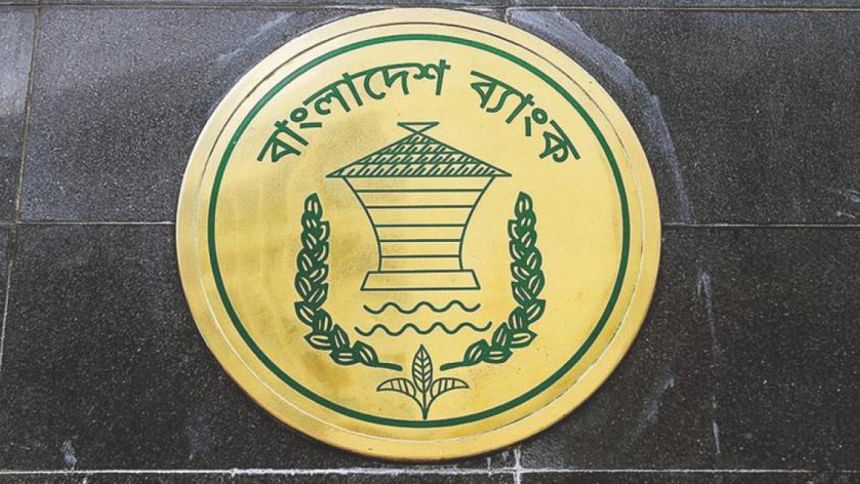News Analysis: BB’s feeble fight against loan defaulters

The central bank has already unveiled a framework to address vulnerabilities in the banking sector, rein in non-performing loans (NPLs) and punish wilful defaulters. On the other hand, it has eased rules to allow companies to secure loans even if their sister concerns default on debt repayments.
The latest concession could raise questions about the Bangladesh Bank's intention to curb the NPLs, which have surged to a record level and show no signs of coming down. It's akin to taking one step forward, and two steps back in the fight against rogue defaulters.
In December last year, the central bank issued the Prompt Corrective Action (PCA) framework to deal with weak banks, effective from March 2025. Under the framework, banks will be categorised into four groups. In cases of non-compliance or non-achievement of targets, the weakest banks may be forced into mergers with stronger lenders. Some analysts praised the policy as a move in the right direction.
In March, the central bank issued a guideline to identify wilful defaulters, mentioning the punitive measures against the delinquent borrowers of public money. The guideline was based on the amended Bank Company Act passed by the Bangladesh parliament last year. The law defined wilful loan defaulters and incorporated a provision for punishment for them, a first initiative since the law was drafted three decades ago. All these new measures were tied to loan conditions imposed by the International Monetary Fund and the World Bank.
A wilful defaulter is someone who does not repay loans despite having the ability to furnish the sum.
Before the new law came into effect, default loans had grown 31 times in absolute number though the amount declined in terms of percentage of total loans. But if the banking industry's distressed assets, including rescheduled and restructured loans, are taken into account, the amount stands at Tk 377,922 crore, according to data updated till 2022.
In a fresh notice on Wednesday, the central bank said if an entity under a group is not categorised as a wilful defaulter and there are logical reasons for its failure to repay loans, then other firms under the same parent company will not be recognised as defaulters and they can be given loans following approval from the regulator.
However, if a company listed as a wilful defaulter appeals to the central bank against the classification, banks cannot apply to the BB to give loans to other companies of the group until the appeals are resolved. The defaulted firms will have to regularise their loans under the existing law within a year of the credit facility given under the new concession. If the loans are not regularised on time or the companies default again, no other companies from the group can be provided loan support, according to the notice.
The central bank in its directive in March mentioned various punitive measures against delinquent borrowers, including a ban on foreign travel, restriction on getting trade licences and new registration for companies, and a bar on getting any recognition from the state. These steps are seemingly watered-down versions of what India has done.
The Reserve Bank of India asked banks to initiate auctions of residential or commercial properties to recover loans, Shah Md Ahsan Habib, a professor at the Bangladesh Institute of Bank Management (BIBM), wrote in a CPD working paper in 2019. He also cited the move by China against defaulters, which included restrictions on getting credit cards and staying in luxury hotels.
In the case of Bangladesh, Prof Habib said there are instances of securing legal protection by borrowers through filing writ petitions. Wilful defaulters must not be allowed to avail themselves of any such protection under the law, he said.
Md Nehal Ahmed, a professor at the BIBM, defended the central bank's latest concession to companies, saying if a firm owned by a business group becomes a defaulter for genuine reasons, other companies should not suffer. "From that perspective, it's a good move. If it can be implemented properly, default loans may decline."
Monzur Hossain, a research director of the Bangladesh Institute of Development Studies, also said loans to other firms of the group of companies could be extended if the sister concern defaults for genuine business reasons.
"But it will not be easy to identify habitual defaulters because no one can be habitual defaulters without support from others. Several persons usually remain involved in it."
But no separate mechanism is needed to identify habitual defaulters if rules are implemented properly to bring down NPLs, Hossain said.


 For all latest news, follow The Daily Star's Google News channel.
For all latest news, follow The Daily Star's Google News channel. 



Comments